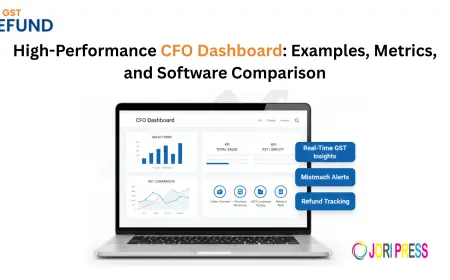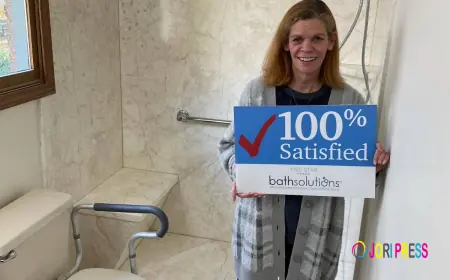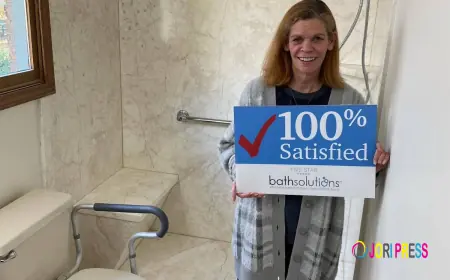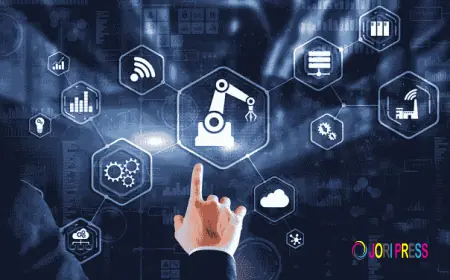From Slides to Sales: How Storytelling Turns Presentations into Revenue
Most presentations fail not because the product is weak, but because the story behind it never connects. Your slides can be polished, data-packed, and on-brand — yet still leave money on the table

? Introduction: The Hidden Revenue Lever in Your Deck
Most presentations fail not because the product is weak, but because the story behind it never connects. Your slides can be polished, data-packed, and on-brand — yet still leave money on the table if they don’t create an emotional and logical bridge to the decision-maker’s mind.
The real secret? Storytelling is not decoration. It’s a sales weapon.
1. ? Why Storytelling Beats Bullet Points
Stories activate emotional memory centers, which influence decision-making far more than raw facts alone. In sales psychology:
- Facts inform the brain.
- Stories move the brain to act.
When buyers narrative, they hear a relatable subconsciously project themselves into the scenario, making the solution feel personally relevant — a key step toward conversion.
2. ? The Revenue-Driven Story Arc
Every sales presentation can be engineered using a 4-step revenue arc:
| Stage | Purpose | Tactical Slide Focus |
|---|---|---|
| Hook the Pain | Trigger urgency by vividly framing the problem. | Use a real-life scenario or market shift they can’t ignore. |
| Raise the Stakes | Amplify the cost of inaction. | Data-backed trends, case studies, or lost opportunity metrics. |
| Deliver the Hero | Position your product/service solution. | Visual journey of transformation as the inevitable — before vs. after. |
| Call to Action | Turn belief into commitment. | Clear next step — demo booking, launch. |
3. ? Storytelling purchase, or pilot Techniques That Sell
- Customer Hero → Frame your client as the protagonist, your solution as the mentor/guide Frames** → Show the “world without you” vs. “world.
- **Contrast with you” in vivid imagery.
- Micro-Stories → Drop 30–60 sec anecdotes instead of long origin tales to keep momentum.
- Sensory Anchors → Use visuals, metaphors, and numbers that stick (e.g., “That’s like losing a client every 3 days”).
4. ? The Data-to-Drama Balance
A revenue-generating presentation isn’t pure emotion — it’s calibrated emotion supported by proof.
- Story gets attention.
- Proof builds trust.
- Offer moves the money.
Research shows that sales decks with a balanced 60/40 split between narrative visuals and factual reinforcement have 34% higher close rates.
5. ? Turning Decks Into Deals: Your Action Framework
- Audit Your Current Slides → Highlight where narrative is missingReverse-Engineer the Buyer’s Journey** → Map each slide or flat.
- ** to a decision step.
- Integrate Case Wins → Real client outcomes told as short success stories.
- Refine Call-to-Action → Make it bold, time-sensitive, and frictionless.
? Closing Thought
Storytelling in presentations isn’t fluff — it’s precision persuasion.
The next time you open your deck, ask yourself:
Does this tell a story so clear and compelling that the deal feels inevitable?
Because great stories don’t just get remembered….
What's Your Reaction?
 Like
0
Like
0
 Dislike
0
Dislike
0
 Love
0
Love
0
 Funny
0
Funny
0
 Angry
0
Angry
0
 Sad
0
Sad
0
 Wow
0
Wow
0


















































